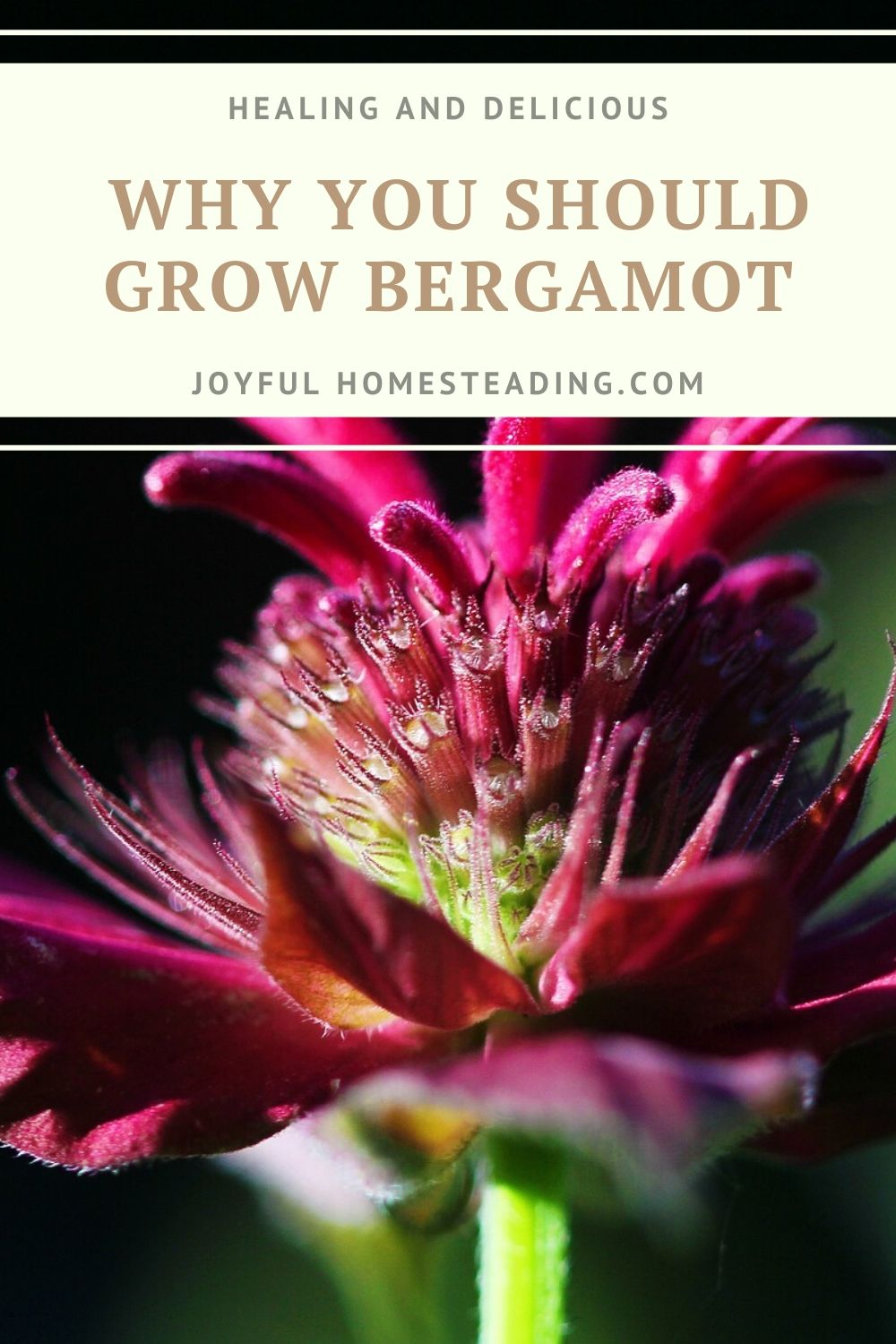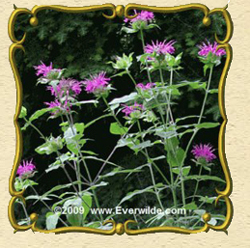The Herb Bergamot
Herb Bergamot is a perennial famous for its delicious smell. Some of the most expensive perfumes made today have bergamot essential oil as one of their ingredients.

Picture by Modman at Pixabay
The bergamot plant is a valuable addition to your medicinal garden.
The plant is indigenous to the United States and was a long-time favorite among the Native Americans to use as tea.
This herb is also sometimes known as bee balm or monarda because bees love it so much.
This herb has been used for centuries to help relieve cold symptoms and ease bronchial complaints.
Find Bergamot Seeds here.
Bergamot tea - also known as Oswego Tea - will also ease the discomfort of sore throats and mild cases of indigestion.
Make an infusion by putting the stems and leaves in a cup and covering them with boiling water. Allow the herbs to steep in the water for at least ten minutes, and then flavor your infusion with a natural sweetener, such as honey or stevia.
In the Kitchen
Both the stems and leaves of the herb bergamot are edible and can be used to flavor cooked foods. They make a pretty, edible garnish in salads.
According to A
Modern Herbal (Volume 1, A-H): The Medicinal, Culinary, Cosmetic and
Economic Properties, Cultivation and Folk-Lore of Herbs, Grasses, Fungi,
Shrubs & Trees with Their Modern Scientific Uses,
"The whole plant is strongly impregnated with a delightful fragrance;
even after the darkly-colored leaves have died away, the surface
rootless give off the pleasant smell by which the plant has earned its
common name."
A plant that smells this great belongs in potpourri.
The dried leaves of bergamot are also wonderful to use in a foot bath.
Herb Bergamot and Growing Tips
Bergamot loves light, moist soil.
A great spot to plant your bergamot is in a place that gets the morning
sun only - the flowers will bloom longer.
You can add bergamot to your garden bed by either planting cuttings or
sowing seeds, although if you sow the seeds, the bergamot will grow more
slowly than with cuttings.
Bergamot is a creeping plant that tends to spread, so you will need to
contain it.
Once your bergamot is well established, mulch your plants when they first come up in the spring.
Mulching is especially important during the hottest days of summer when your bergamot will especially need moist soil.
If the plants become top-heavy, you may need to support them by tying them to a lattice, tomato cage or other means of support.
Learn More About Medicinal Herbs








New! Comments
Have your say about what you just read! Leave me a comment in the box below.